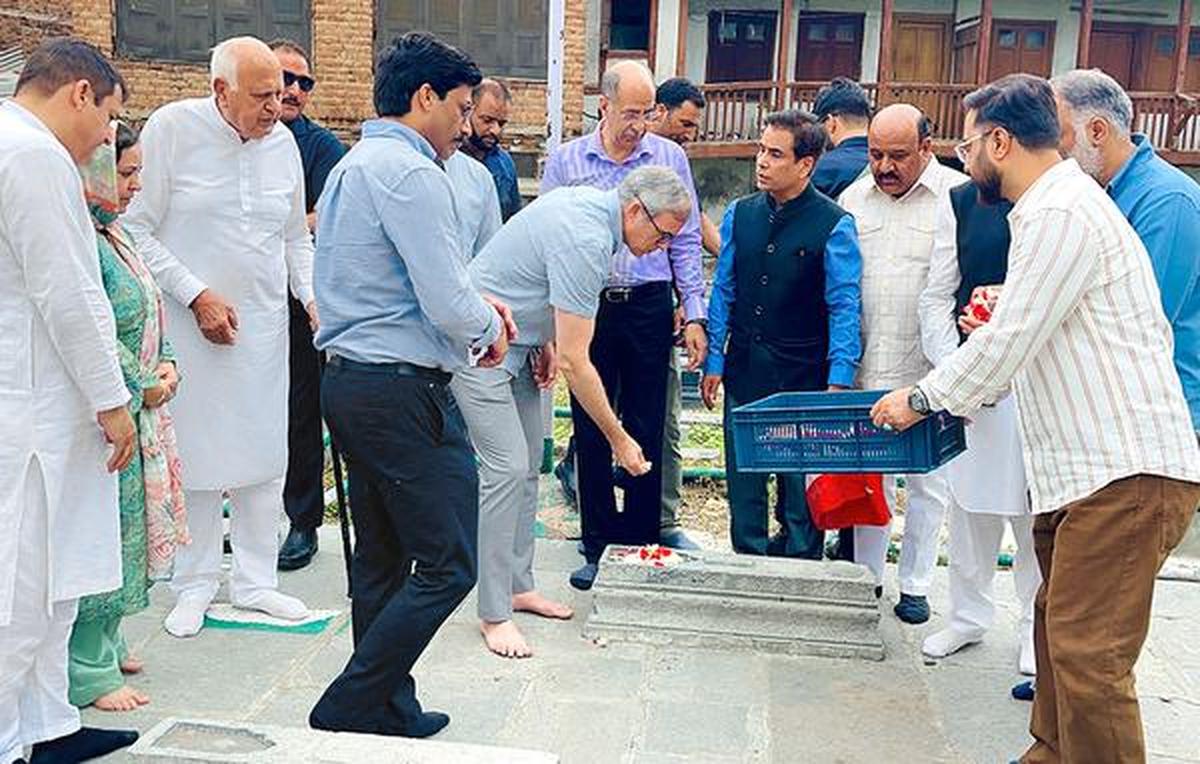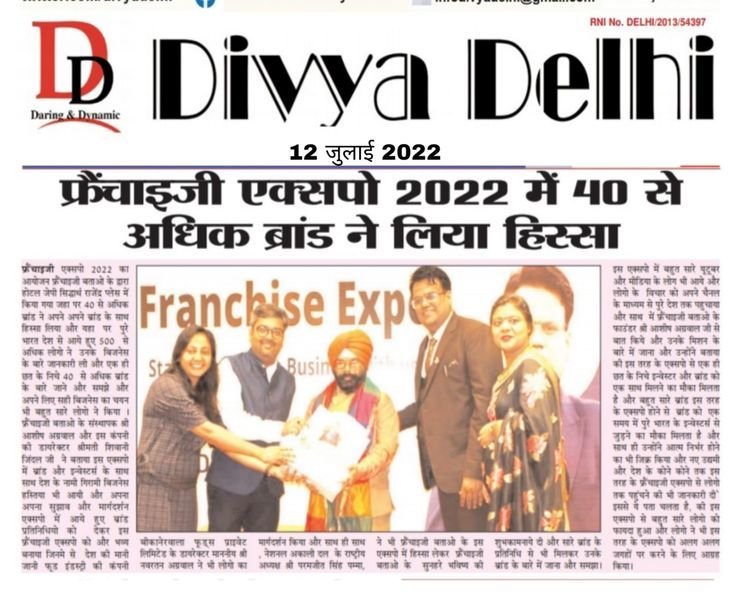
Divya Delhi: Till 2019, Jammu and Kashmir celebrated as Martyrs' Day as an official holiday to create a problematic historical narrative. The state government under Chief Minister Omar Abdullah tried to rekindle this narrative this year. Several local political parties accept this story. Putting aside the political controversy, July 13, 1931, should be examined to determine whether it was a ‘Martyr’s Day’ or a ‘black day’ for Jammu-Kashmir Hindus. Even the hagiography of Sheikh Mohammad Abdullah, the grandfather of Chief Minister Omar Abdullah, couldn't hide the fact that on July 13, Muslim mobs took law into their own hands, forcing security forces to fire on them to prevent chaos, anarchy, and bloodshed. RN In 1931, the state arrested Muslim butler Abdul Qadir for sedition and imprisoned him, according to Kaul in "Sheikh Mohammad Abdullah: A political Phoenix," a hagiography. A large Muslim mob assembled outside the prison on July 13, 1931. The mob turned in enormous processions from the jail plundering and burning Hindu stores and murdering others when state forces shot on them. Sheikh Abdullah made his oratory debut when he declared ‘Jihad,’ writes Kaul. Qadir, a non-Kashmiri Muslim, sowed insurgency in Jammu and Kashmir with provocative statements. He was arrested June 25, 1931. The "Srinagar Riot Enquiry Report" by a high-level commission investigating the July 13 state force firing and ensuing anti-Hindu rioting has several key points. The Muslims' July 12 gathering incited the mob to converge at the jail, resulting in bloodshed.
- Education(148)
- India(771)
- Entertainment(399)
- Sports(272)
- Business(226)
- Bollywood Hollywood(95)
- International(196)
- Life & Style(91)
- Opinion(139)
- Educational(5)
- Crime(7)
- Technical(6)
- World(18)


